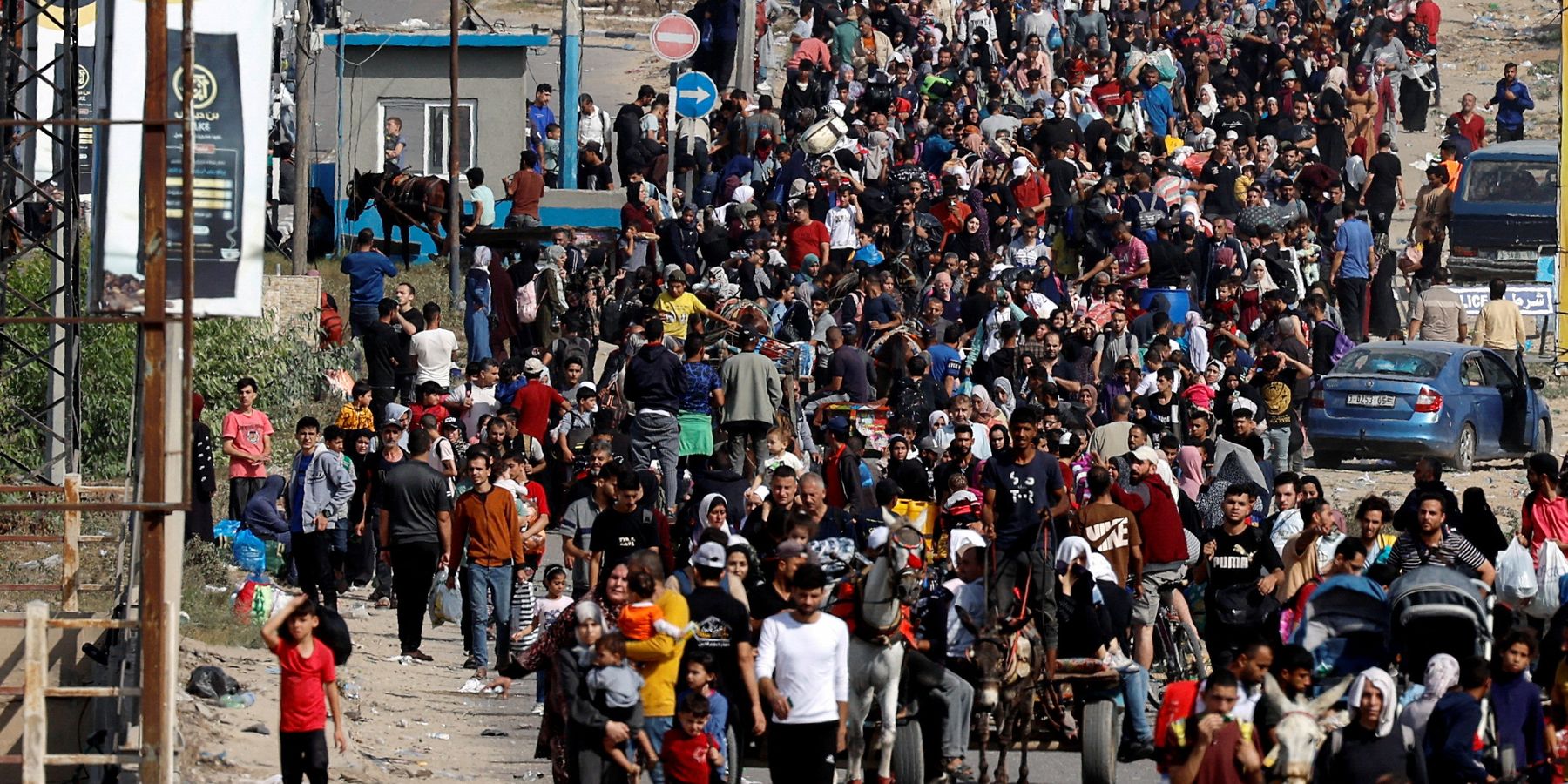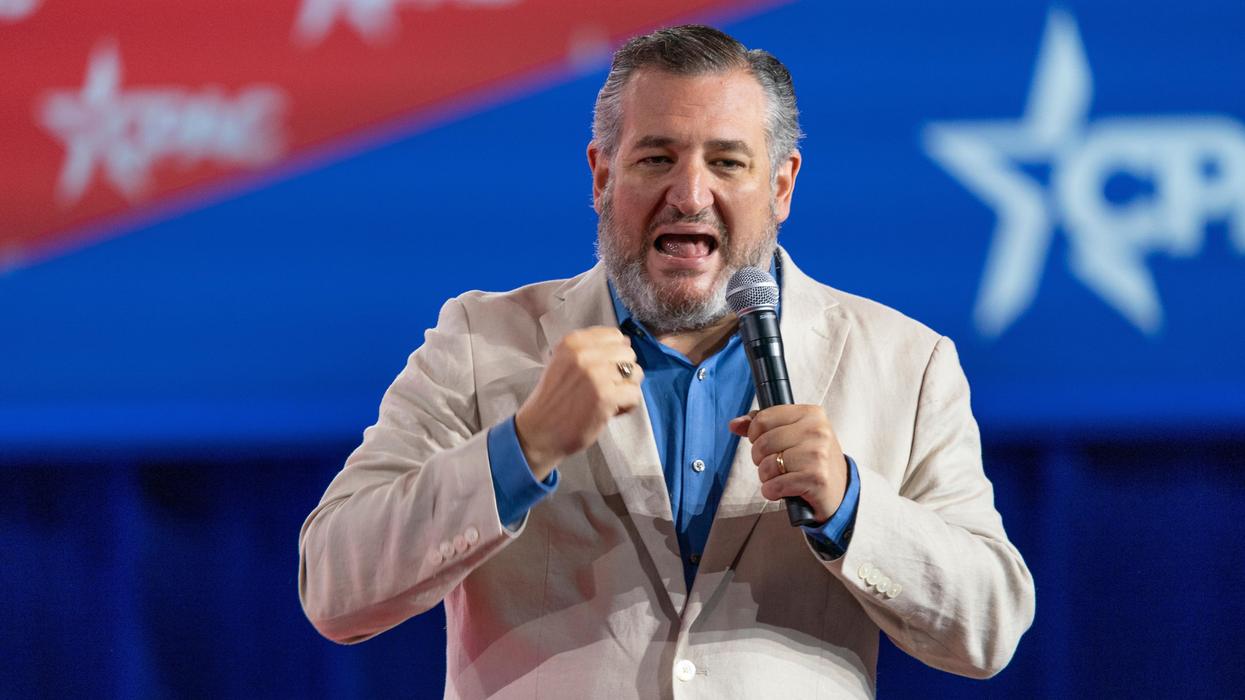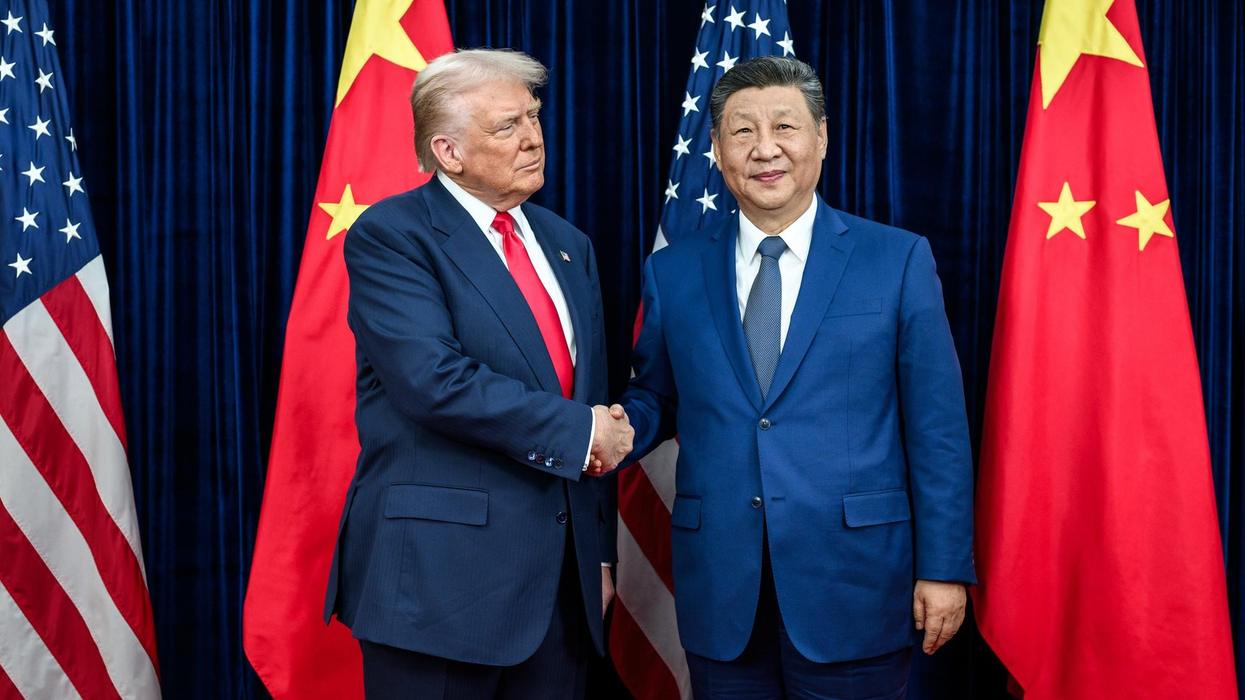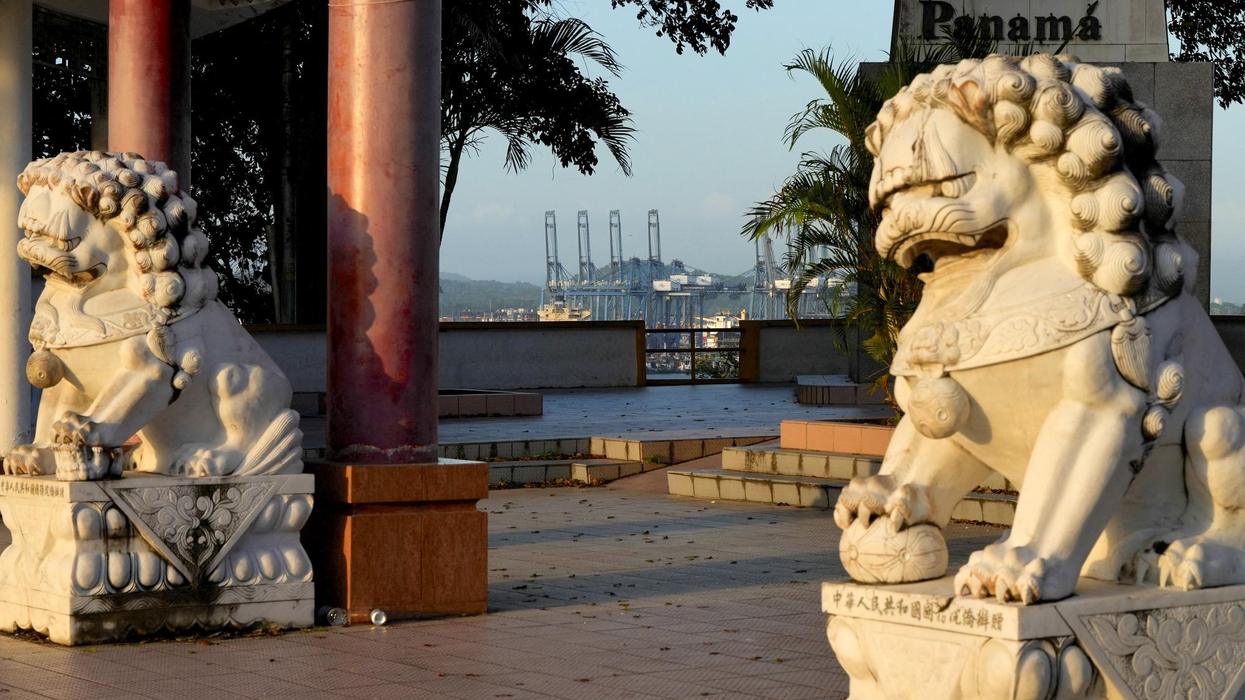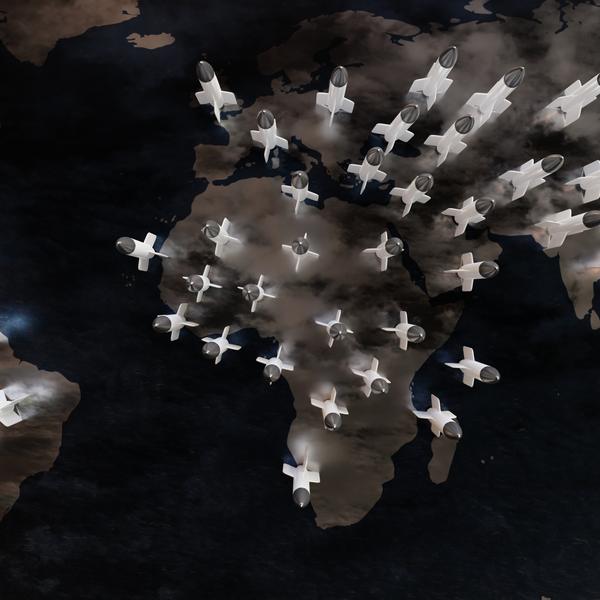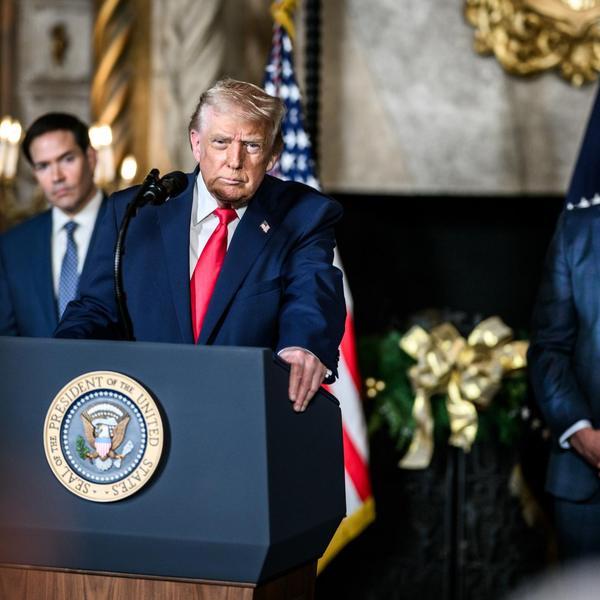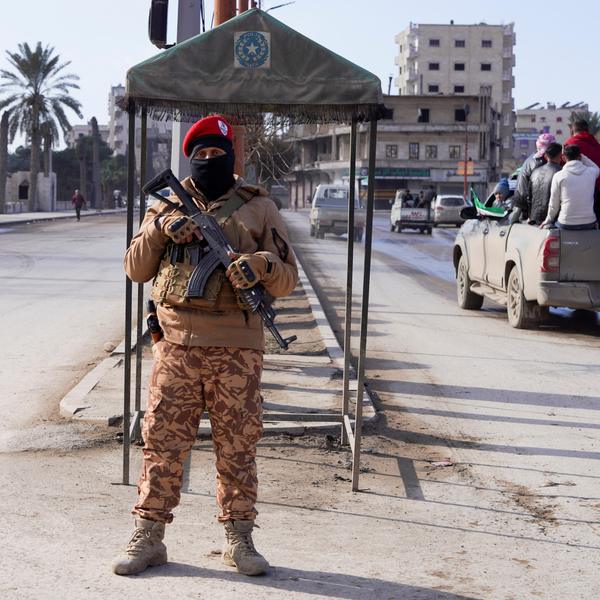At the height of the “unipolar moment” of the 1990s and 2000s, a popular school of thought argued that the U.S. could use its unchecked power to do good on the world stage. When peace proved elusive after the fall of the Soviet Union, the world saw exceptionally deadly warfare and attempted ethnic cleansing erupt in Karabakh, the Congo, Rwanda, and Yugoslavia. If there was one power that could do anything about this, it was the United States.
The primary ideologue of this push for humanitarian interventionism would become Samantha Power. A journalist and author of the influential book A Problem from Hell: America in the Age of Genocide, Power argued that the U.S. and other liberal nation states should use military force to halt crimes against humanity in other countries. Nation-states have a responsibility to protect their citizens, and if they are found not be doing this, other states may then step in to do so should the situation continue to deteriorate. This principle was called “Responsibility to Protect,” or “R2P,” and it became so influential that it was adopted into the United Nations Charter in 2005.
Two decades later, the concept has been shown to be both hypocritical and dangerous. As Israel bombs Gaza to dust, world elites have shown no interest in living up to their apparent responsibility to protect civilians. Contrast this with the response to Russia’s war in Ukraine, in which commentators called for direct intervention to save innocent Ukrainians. And actual examples of R2P have led to disaster, as civilians in Libya can attest. Fortunately, there’s a simple answer to this hellish problem: abandoning R2P once and for all.
Who’s protecting who?
Power’s line of argument masked the darker history of so-called humanitarian interventions. Both the Romans and Spanish, more than 1000 years apart, argued that their bloody conquests in Carthage and Central America would help the world by ending the practice of human sacrifice. In the 19th century, the colonial states of western Europe began to see their maritime expansion abroad not simply in terms of wealth and power acquisition but as an inevitable stage of human moral development. France and Britain in particular dove into Africa with the justification of putting an end to tribal wars and extirpating the slave trade. With economic and technological shifts, the same empires who had once expanded with shackles in hand now came, so they said, as liberators. Yet the result of this “liberation” was little more than violence and famine.
Unfortunately, the lessons of this sordid history didn’t stick. Barack Obama would end up recruiting Power for multiple roles in his administration. While Obama ran explicitly against the disastrous foreign policy of George W Bush in 2008, subsequent events related to the “Arab Spring” would see him continue if not expand these same policies, launching an overt regime change war in Libya (and a covert one in Syria) while intensifying U.S. operations in Yemen.
It was in the Libya war that Power would see her dream fulfilled, when R2P was explicitly invoked to protect Libyan civilians in rebel-held areas from retaliation by the government of Muamar Gaddafi. This operation resulted in widespread state failure, a collapse of central authority, a massive refugee crisis, a resurgence of extremism in that country, and, most gallingly of all, the return of slave markets along the North African coast. It turned out that there are worse things out there than oppressive governments.
R2P’s reputation took a hit and receded from the discourse, at least until Russia’s invasion of Ukraine gave it life once more. Some members of the press called for no-fly zones over the country, and politicians in NATO states debated if such ideas were feasible. Ultimately, they decided that it was not, given Russia’s conventional capabilities, particularly in the field of anti-aircraft weaponry. There was also the inconvenient fact of Moscow having nuclear deterrence. Any attempts to create a safe area for Ukrainians using NATO military forces risked a level of escalation deemed unpalatable by most in the alliance. This clearly showed that R2P was only ever really meant to be used by great powers against smaller countries that could not defend themselves. It never had any utility against more robust foes. Interestingly, Moscow had picked up on the trick and justified its invasion of Ukraine using explicitly R2P-flavored rhetoric about protecting lives in the Donbass.
The Gaza challenge
The current Gaza War is, by all the standards usually cited by humanitarian interventionists, a perfect case for invoking R2P. Rhetoric from some actors inside the Israeli state suggests that some form of population displacement is at least being considered. The incredible population density of the Gaza Strip means civilians bear the brunt of the violence. Lack of access to medicine and food exacerbates all of these problems.
Samantha Power is the current head of USAID in the Biden administration. One cannot help but wonder what she thinks of the war currently unfolding in Gaza while she coordinates food shipments through Egypt’s Sinai that are often held up at border checkpoints. For one so adamant that the U.S. must intervene whenever war disproportionately hits a civilian populace, she has been strangely silent.
Meanwhile, Yemen’s Houthis explicitly cite their own version of R2P to justify their attacks on shipping in the Red Sea. This shows the true future of R2P, if it is to have any — one of selective applications by great powers that muddy the waters around their wars in an attempt to gain media approval from within their alliance networks. As the world’s balance of power inevitably moves into its more normal state of multipolarity, governments further undermine claims of ethical conduct in foreign policy, as states now have constant incentive to claim that their foes have a monopoly on human rights abuses. Inevitably, this will lead to all such claims being met with greater and greater skepticism by the global public, regardless of their factuality.
Far from the centers of great power rivalries, the utility of R2P seems to be declining, as crises such as Myanmar and Sudan are assiduously ignored by the countries expected to be intervening, likely out of fear of being sucked into another Syria or Iraq and giving one’s foes more opportunities to indirectly strike at stretched-thin tripwire forces.
It is a trite observation to point out that great powers have different moral standards for their allies and their enemies, but R2P is a foreign policy doctrine entirely based on moralist claims. Not being able to live up to its own principles when a humanitarian crisis is unleashed by an allied country such as Israel is the last nail in the coffin for a thoroughly failed idea. We can only hope that a silver lining of this difficult moment in history is that we never have to hear about the Responsibility to Protect again.
- Resisting calls for using force to save the people of Myanmar ›
- What can the US really do to protect civilians in Ukraine? ›
- Samantha Power: Israel is chief impediment to Gaza aid | Responsible Statecraft ›
- 'Humanitarian superstar' Samantha Power admits Gaza is a loss | Responsible Statecraft ›

